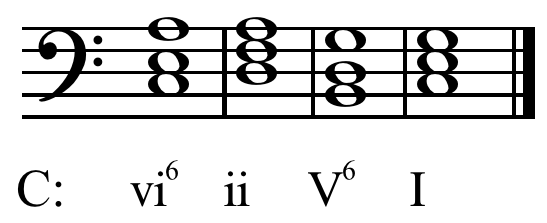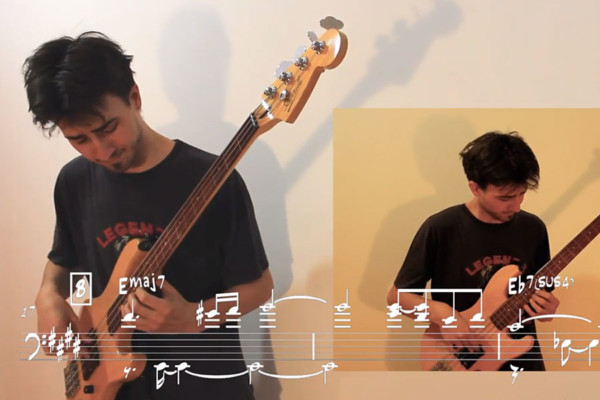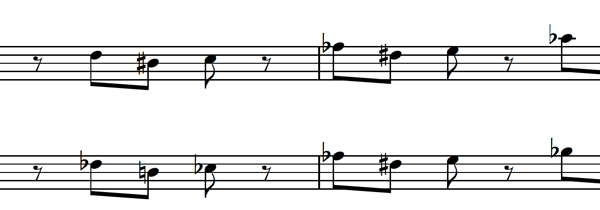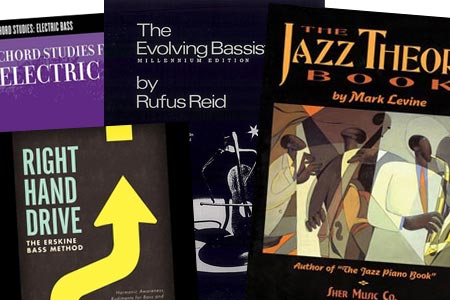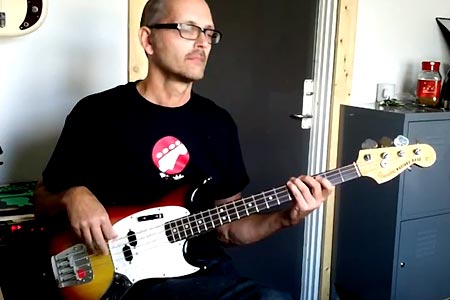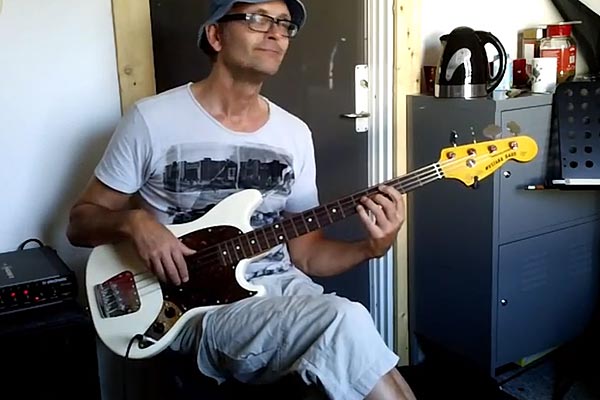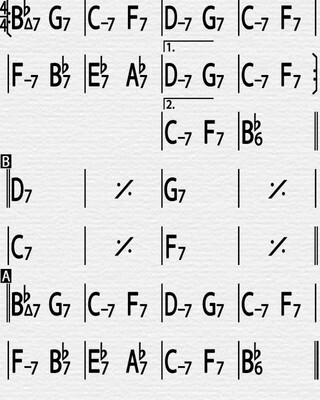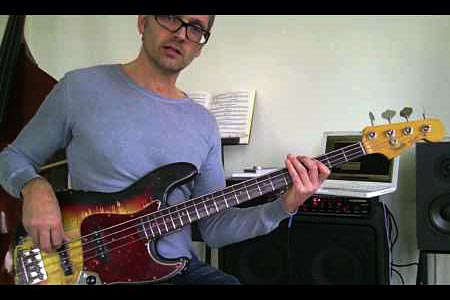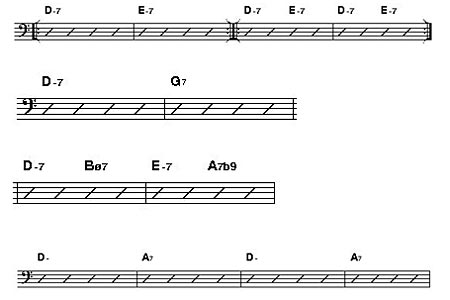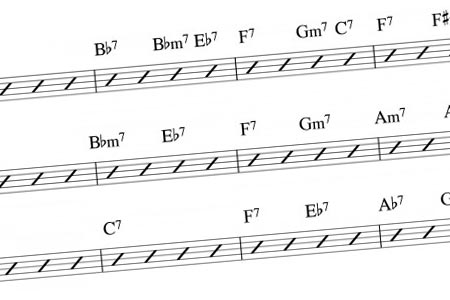Music Theory Archives - Page 4
Chord Construction: A Guide for Bassists
Q: I’ve been playing bass for about four years, and I’ve had difficulty with understanding chord construction on the bass. I know my scales and their modes inside and out, and I know a lot about the fretboard. My technique is good too, but I figured when I was starting out that I really didn’t need to know chords “because...
Pablo Elorza: “Continuum” Lesson and Analysis
Pablo Elorza has published the second video in his “Deep Into Electric Bass Classics” series of bass lessons with an in-depth look at the popular Jaco Pastorius tune “Continuum.” After playing through the tune, Elorza explains the methods and techniques Pastorius used to create his melodies. The lesson is a great one for any music theory buff as well as...
MusicalEar: A Look at the Music Theory and Ear Training App for Desktop Computers
I’m doing something a little different this time by reviewing an app I came across for your desktop computer. While not an iOS app, I thought that I’d be remiss if I didn’t let you all in on this. MusicalEar is an ear training and theory app, going way beyond any on the market. The app contains over 200 compositions,...
Enclosure Tone Exercises for Bassists
One way to give more interest to your improvisations is to add enclosure tones to otherwise simple note choices. Enclosure tones are two tones which “enclose” (i.e. one higher, one lower) another note. Generally, but not always, the note which gets “enclosed” is a chord tone. For example, if we begin with the root of a C7 chord: …and precede...
Learning Theory: Recommendations for Resources and Steps to Making it Happen
Q: What would you recommend as great resources for learning theory? I’m not someone who lacks in imagination or creative drive or even feel. I’m more of a groove player, and I’ve never stopped to get any formal grounding with modes, harmonizations, relationships of scales and arpeggios and putting that together for a given tonality. I’d appreciate any recommendations for...
Bass Line Construction: Legato Minor Pentatonic Scale Bass Run
Last time, we kicked off a bass line construction series of lessons with a study in improvising on some funk in the key of C. This time around, we’re focusing on some new phrasing ideas for the trusty old minor pentatonic scale. In this case, we’re using the A minor pentatonic scale: A, C, D, E, G The exercise covers...
Bass Line Construction: Rhythm and Repeating Patterns
Let’s take a look at some of the fundamentals in bass line construction. In this lesson, we’ll improvise on some funk in the key of C. A quick note and correction: when I say “seventh” in the video, I mean flatted seventh. You’ll see the annotation when that comes up in the video. Here’s a break down of the notes/intervals...
Progressions: A Guide to Making Practice Productive and Fun
Q: I’m just now three weeks in to my bass lessons so I apologize for the “newb” question. Where can I go to find songs in a specific chord progression that I can play along with? For instance, I’ve learned 12 bar blues in G Major. Now I’m doing web searches to find tunes I can apply what I’ve learned....
Improvising and Groove: Substituting Pentatonic Scales on a Minor 7 Progression
My most recent lessons have focused on the use of the pentatonic scales as it relates to improvising and learning the fretboard (see my lessons on improvising over a minor key progression and breaking down the pentatonic scale for more background). Today we’ll continue this topic with the exploration of improvising over a D minor 7 chord using the pentatonic...
Chord Substitutions, Tritones and Bass
Q: When is it ok to use chord substitutions on standards? Also, can you explain tritone substitutions? A: The use of chord substitutions is fun to practice but must be used with caution on the gig. Our role as a bass player is to support the harmonic foundation for the rest of the band, as well as lock the rhythms...
Exploring Turnarounds
Q: I really enjoy and find great value in your columns on No Treble. In your last column, you discussed the modal and chordal approaches and mentioned this: “Don’t forget to also practice and transcribe things, which will make you a stronger bassist (walking, common endings and turnarounds, time, various time-feels, and so on.)” Could you expound further on what...
Ear Training and the iTunes Game
As a musician, our greatest tool is our ears. Our job within a musical context is to listen, and quite frankly, to play notes that sound good. As a bass player, we need to be on our toes and quickly decipher the bass line and at the very least, the root notes of the chords that are being played. There...
